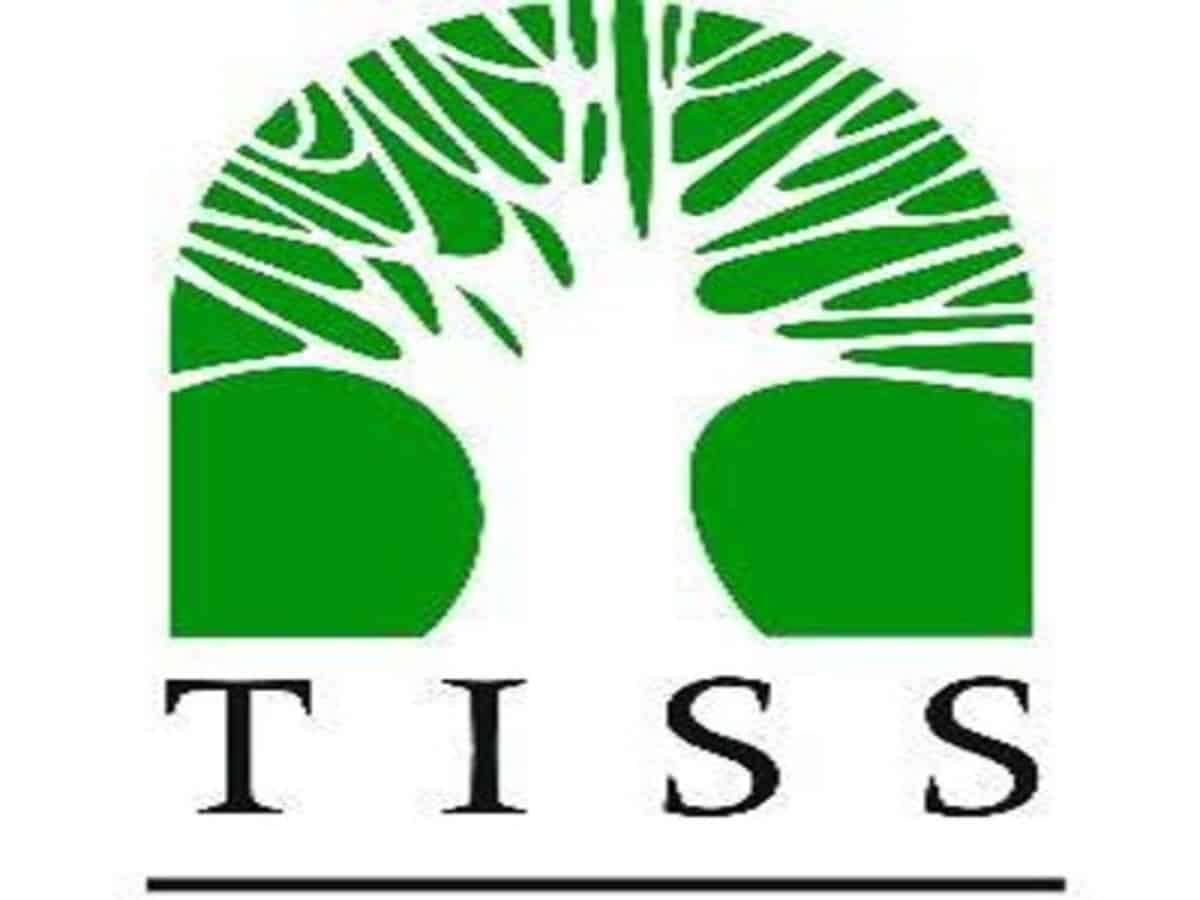
Over 200 students watched the BBC documentary on Prime Minister Narendra Modi at Mumbai’s Tata Institute of Social Sciences (TISS), the Progressive Students Forum, which is organising the screening, said on Saturday.
This comes despite the institute warning the students against holding the screening.
The institute’s administration had warned in a circular that “It is with utmost seriousness we note that some students, through a group, are engaged in activities contravening the advisory issued on 27th January regarding the screening of a BBC Documentary forbidden by the Government and attempting to mobilise and trigger students to do the same.”
“We caution the students to understand that any such acts by any student or groups violating the instructions issued on 27th January 2023 and engaging in any activities leading to disturbance of peace and harmony will be held responsible for the same and will be dealt with duly under relevant institutional rules on the matter”, it added.
The screening has been opposed by Maharashtra’s ruling Bharatiya Janata Party. The Bharatiya Yuva Morcha, the saffron party’s youth wing, organised a demonstration outside the university.
The Tata Institute of Social Sciences (TISS) Mumbai students union protested on campus on Friday over the Union government’s ban on two BBC films critical of Prime Minister Narendra Modi, as well as threats against students who screened the movies at institutions throughout India.
The Students union members handed out QR codes allowing access to BBC documentaries, Anand Patwardhan’s award-winning documentary ‘Ram ke Nam’ and Maktoob’s documentary on Gujarat genocide ‘Gujarat unhealed’ by Shaheen Abdulla.
Despite TISS officials’ warnings, the students assembled.
BBC on Wednesday released the second episode of the two-part documentary – ‘India: The Modi Question‘ – which directly blames Prime Minister Narendra Modi’s role in the 2002 Gujarat riots when he helmed the state as its chief minister.
The first part was released on January 19 and was shared by many on all social media platforms which encouraged debates around the 2002 Gujarat riots and the role of then chief minister Narendra Modi during the riots that killed more than millions and displaced many, especially Muslims.
The documentary series reportedly reveals ‘never-seen-before’ or ‘restricted’ documents in detail. It looks at the escalating tension between the Muslim community and the Bharatiya Janata Party (BJP) as well as Hindu right-wing organisations – Vishwa Hindu Parishad (VHP) and the Rashtriya Swayamsevak Sangh (RSS).
“It has come to our notice that some groups of students are planning to screen the BBC documentary that has created a disturbance in some parts of the country. Some plan to organise gatherings to protest against related developments in a few universities,“ read the circular issued by Prof Sasmita Palo, Officiating Registrar, maktoobmedia reported.
The Union is an alliance of the Ambedkarite Students’ Association, the Adivasi Students Forum, the Fraternity, the Northeast Students’ Forum and the Muslim Students Federation.
“This is to inform all the students that the institute has not permitted any such screening and gatherings which may disturb the academic environment and jeopardise the peace and harmony in our campuses,” read circular.
The Progressive Students’ Forum (PSF-TISS), a left students’ collective in TISS which announced the documentary screening on campus two days ago said: “Not an Inch back. TISS students will watch the documentary on 28th January at 7 PM.”
“PSF-TISS strongly condemns the TISS administration’s banning the screening or gathering around ”BBC documentary, India: The Modi question”. The admin’s argument that the screening or even discussion around the issue will affect the academic environment and peace of the institute is highly regressive, which goes against the ethos of the institute. As a social science institute, TISS has always fostered a culture of debate and dissent in the campus,” read their statement.
The documentary holds Modi directly responsible for the riots and states that such large-scale mass murder or in other words, a pogrom, was not possible without steady help from the state.
Modi government was quick to respond calling the documentary propaganda material ‘designed to push a particular discredited narrative.’
The Ministry of External Affairs (MEA) spokesperson Arindam Bagchi said, “The documentary is a reflection on the agency that has made it. We think it is a propaganda piece designed to push a particular discredited narrative. The bias, lack of objectivity, and continuing colonial mindset are blatantly visible. Can’t dignify such a film.”
As the documentary created interest and buzz on the internet, the Central Government banned its airing in the country as well as directed all social media platforms to remove any posts and links pertaining to the documentary, creating a protest call from netizens and Opposition parties.
With the help of Rule 16 of the IT Rules, 2021 — formally known as the Information Technology (Intermediary Guidelines and Digital Media Ethics Code) Rules, 2021 — notified on February 25, 2021, describes the government’s power with regard to “Blocking of information in case of emergency”.
The Ministry of Information and Broadcasting used emergency powers stating the documentary is based on a ‘colonial mindset’.



